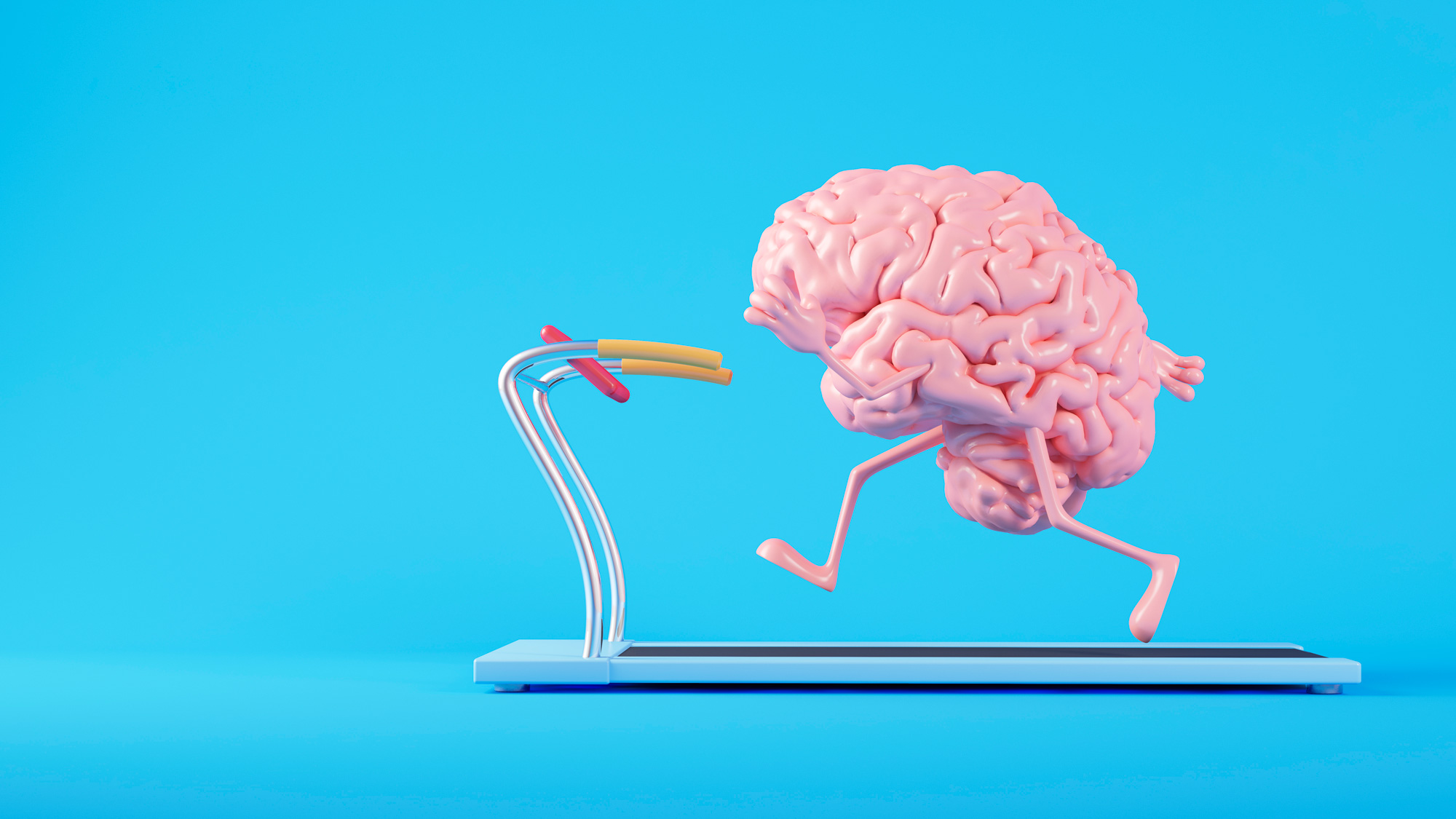Learning is a lifelong endeavor. But it is not the same endeavor all your life long. Your brain changes over the course of time, and so does your social and physical environment. In each phase of life, however, six physical and environmental factors are crucial to learning—sleep; exercise; diet; support for physical and mental health; opportunities for mastery; and safety to fail.
Physical Needs
Sleep. The effects of sleep on learning are direct and immediate. Sleep is so crucial to the processes of learning, memory, judgment and insight, that it should be factored into any educational or creative project plan. Exercise. Exercise improves mood, decision-making and other psychological functions, which facilitates learning and the ability to use what is learned. Strength, aerobic and balance/control exercises like yoga and tai chi are all helpful. Heart-Healthy Diet. The mechanisms here aren’t well understood, but a body of evidence shows striking effects of a heart-healthy diet on cognitive performance, particularly in later life.
Environmental Needs
Support for physical and mental health. If a person’s environment does not support their well-being, their capacity to learn will be diminished. Basics include quality food, health care, space and time for exercise and sleep, as well as social norms that encourage healthy habits, and practical help when needed. Opportunities for mastery. Experiences of mastery teach people that they can learn, that the initial state of helplessness or confusion in the face of a new challenge will dissipate and be replaced by competence. A healthy learning environment, therefore, provides plentiful and diverse opportunities for people to experience mastery. Safety to fail. No one achieves mastery—at crawling, coding or anything else—without some initial awkwardness. Learning inevitably involves getting it wrong, taking too long, forgetting key things, making poor choices. If these experiences are punished or made shameful, learning will be impeded, as extensive research by our colleague Amy Edmondson has shown. An environment that promotes learning is one that destigmatizes and even celebrates the mistakes that come from learning or worthwhile experimentation.


